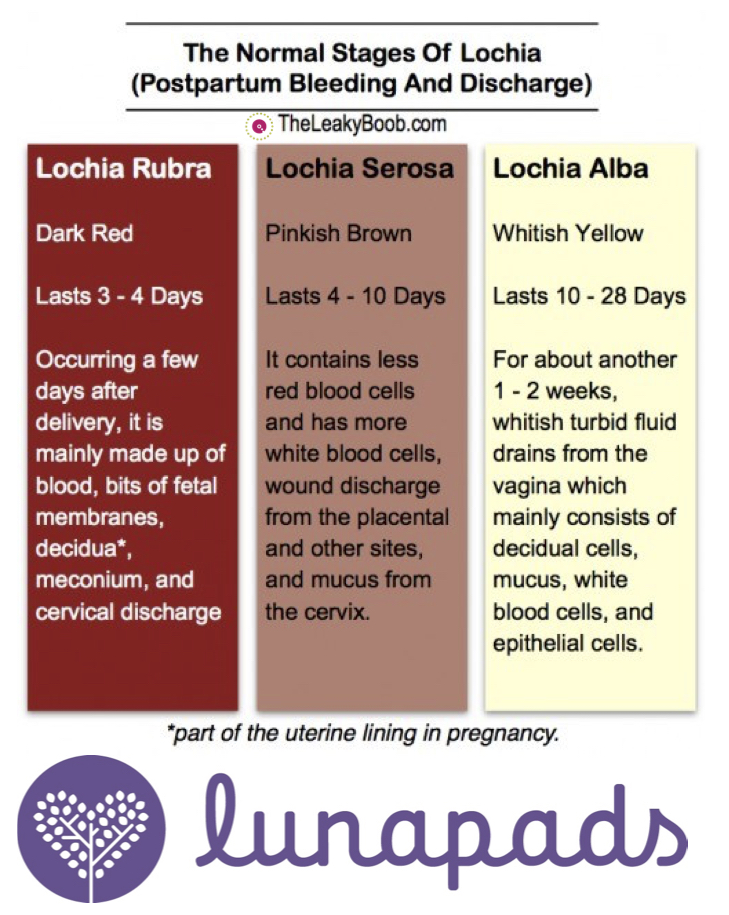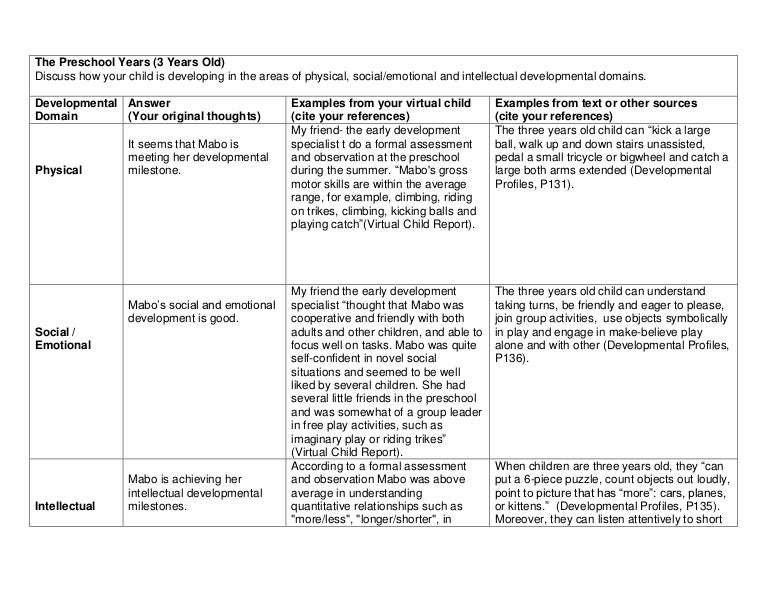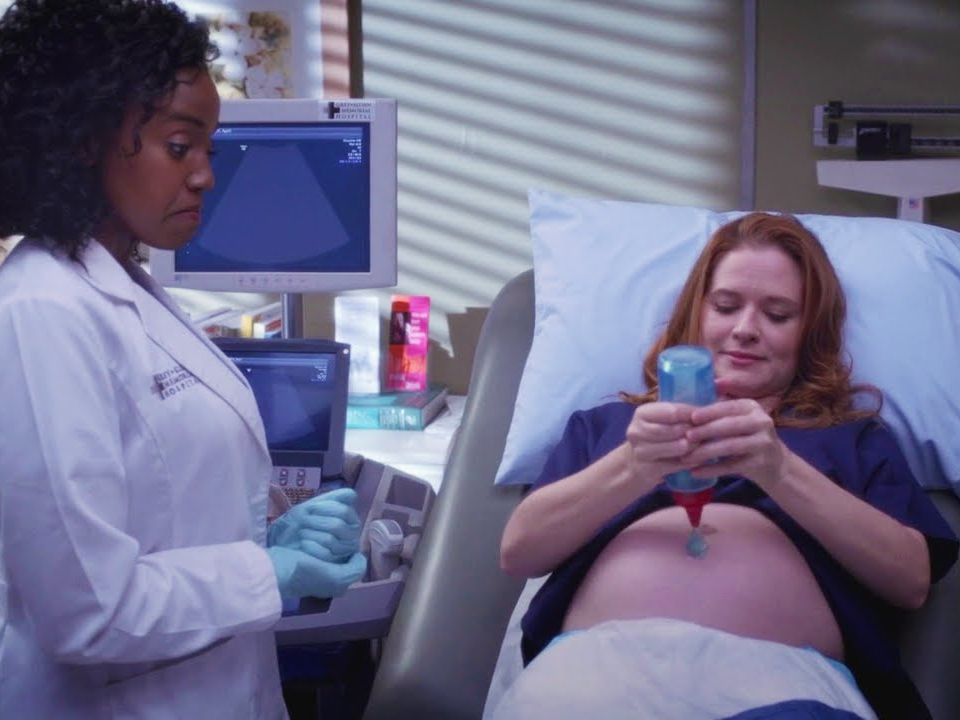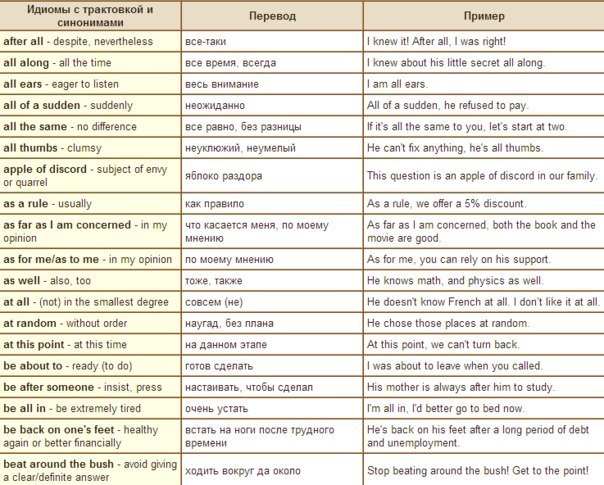How much is it to raise a child uk
How much does it cost to raise a child in the UK?
Table of Contents
Deciding whether or not to raise a child is no easy decision – as any parent can tell you, raising children will completely change the way you live and organize your life, starting from your expenses! But how much does a child cost in the UK really?
How much does it cost to raise a child in the UK?: Summary table
| 💸 How much does it cost to raise a child in the UK? | Depending on the area of the UK, which, over the course of a lifetime, is estimated to be between £150,000 to £180,000, including food, housing and childcare |
| ℹ️ What help does the government provide for raising children? | For each child you have, you can claim a child benefit from the government, which usually equates to around £100 per month |
| 🤔 What are the biggest costs related to raising a child? | When it comes to raising children, the two greatest costs on a family’s budget are childcare and housing |
Average cost of raising a child in the UK
What is the average cost of raising a child in the UK? In planning your parenthood, it’s important that you take stock of the new kinds of costs that await you once you have children to look after, so that you make sure you are able to financially support a child. According to the Child Poverty Action Group childcare and housing are the largest two costs on family budgets, while the average cost of raising a child, depending on the area of the UK, is estimated to be between £150,000 to £180,000, including food, housing and childcare but not luxuries like vacations, gifts or hobbies. It’s like taking out a mortgage, making financial planning before becoming a parent so important!
Average number of children per family UK
According to the most recent data from Statista, in the UK, the average number of children per household has decreased in recent years to less than two. This is most likely due to the increased costs associated with raising a family. Note, however, that the costs of raising children decrease significantly after the first child.
Cost of a child by age
How much does a child cost per year in the UK? The answer to that is: it depends! While the bottomline cost of having is significant, you’re more likely to bear the brunt of the big ticket cost items in their early years, since they of course become increasingly independent and financially self-sufficient as they grow up.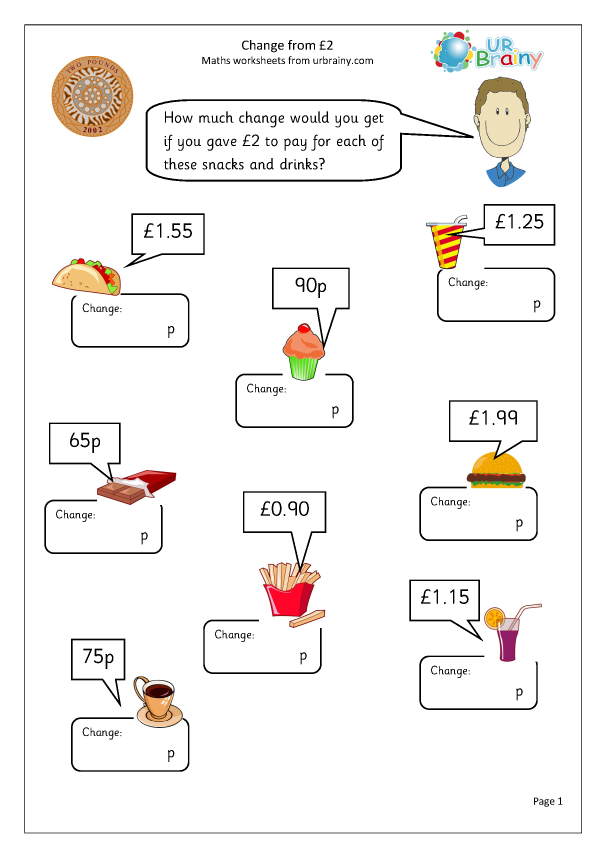
First few months
Whether you are conceiving or planning to adopt, the first few months with the child are always the most tumultuous, both for your way of life and for your finances, since it is during these months that you will make some of the bigger ticket purchases. Baby monitors, car seats, prams, bassinettes and nursery room furniture – these can all run up a bill into the hundreds, if not thousands, in addition to the seemingly infinite amount of nappies, food, equipment and changes of clothes. Needless to say, it’s more than likely that you can expect to add an average of £300-£500 to your monthly spending during these first few months.
Early years (ages 1 to 3)
Once you’ve made it through the first year or so, you’ll then come across the next major expense of child rearing – childcare. This cost is most significant between the ages of one and three, since at this age the children are still too young to be enrolled in pre-school education programmes.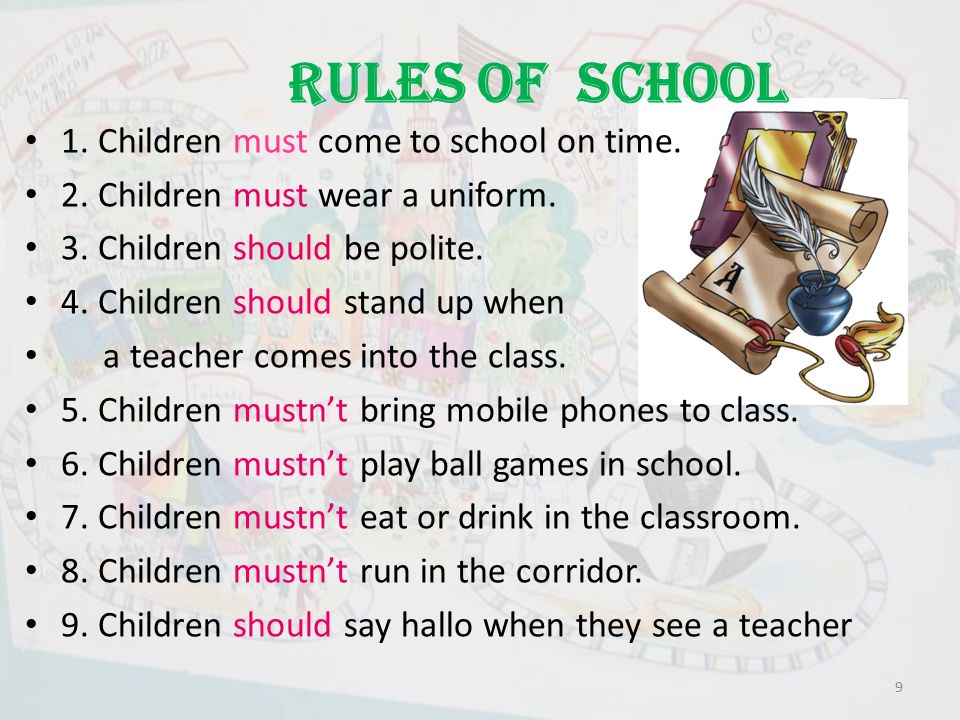 In the meantime, if you plan on sending your children to a nursery or hiring a nanny while you return to work, you will have to pay for those expenses out of pocket, and any parent can tell you – it’s not cheap! Depending on where you live, nursery school fees can range anywhere between £150-£250 per week!
In the meantime, if you plan on sending your children to a nursery or hiring a nanny while you return to work, you will have to pay for those expenses out of pocket, and any parent can tell you – it’s not cheap! Depending on where you live, nursery school fees can range anywhere between £150-£250 per week!
Childhood (ages 4 to 17)
Once your child is enrolled in the educational system, it will help to alleviate some of the more routine costs of child rearing while bringing about others – play dates, extra curricular activities and more.
This is the period of their lives in which it is easier to regulate spending and costs, as opposed to when they are infants and require specific foods, things and childcare, since their needs in this age group are relatively simple to fulfill. It might be worth considering setting up a college fund and start saving for your children with the money that you are able to save on childcare costs.
In their teenage years, as they start to seek out more independence, they will start to develop hobbies and social lives, and you assume the role of free transportation provider, that is, until they begin driving on their own, and new, young drivers can cause your auto insurance rates to go up. Each of these factors, along with increased spending on food and utilities – since teenagers are growing and developing rapidly at this age and are eating non-stop – can run up a large bill.
Each of these factors, along with increased spending on food and utilities – since teenagers are growing and developing rapidly at this age and are eating non-stop – can run up a large bill.
Early adulthood (ages 18 to 21)
At this age, they aren’t kids anymore, and they will start moving out of the house to live on their own, either starting to work or enrolling in university. Although they are starting to become more financially independent, it’s common for parents to continue to spend a great deal on their children – university tuition, car payments or holiday vacations. Typically, once they finish university, the average spend from parents on their children drops considerably, and revolves around birthdays or other celebrations.
What are the main additional costs of child rearing?
Overall, the types of costs associated with having children that are more or less steady over time are those associated with our more basic needs: utility consumption, increased spending on food, additional insurance payments, buying new clothes to replace those that have been outgrown, etc.
Childcare is another significant source of spending that for most people is unavoidable when raising children – for the first years after childbirth or adoption, as parents return to work, this is one of the most significant additions to monthly costs. Though after a few years this eventually will be substituted with other things associated with educational needs and hobbies.
Government help
It goes without saying – raising children is expensive! But what financial support is available for parents to help alleviate the hefty costs of child rearing? In the UK, parents are able to claim some benefits from the government to help lessen some of the financial burdens associated with raising children.
For each child you have, you can claim a child benefit from the government, which usually amounts to around £100 a month, provided over the course of each week, to help cover some of the costs of raising children. In terms of parent eligibility, if you claim one or more children as your dependents, you are eligible to receive child benefits.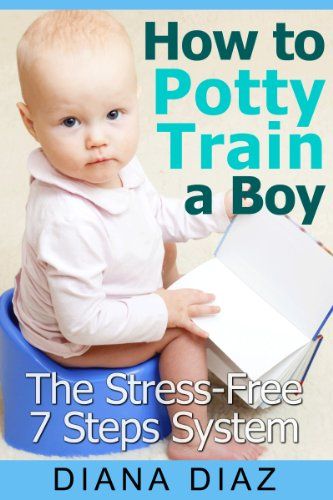 Note however that only one parent may claim the benefit.
Note however that only one parent may claim the benefit.
In addition to child benefits, you are also eligible for tax deductions, based on the number of children that you have. The child tax credits won’t not impact the child benefits you may receive. However, you can only claim a child tax credit if you already receive working tax credit.
To help with the extensive costs of childcare, you can apply for Tax-free childcare from the government, which can amount to up to £2,000 in a year or more depending on the particular needs of your child.
Further information on how to claim these benefits and deductions, visit the gov.uk website.
Can I afford to have a child?
The costs associated with having a child can be intimidating for many people, but it shouldn’t scare you off from having them if you really want them. With the right financial planning, you can make parenthood more affordable.
Some advice for soon to be parents who are anxious about financially supporting their new family: try to plan out ahead of time as best you can the budget for your household, to get an idea of the costs you will have to take on once you become a parent and start saving!
One of the best ways to prepare yourself financially for parenthood is to start saving now, since you don’t know what exactly will be the future costs of having children. Having funds set aside for emergencies is important, so that you are able to cover any unforeseen expenses.
Having funds set aside for emergencies is important, so that you are able to cover any unforeseen expenses.
For those who are able to, starting to invest in funds early on for your child is a good way to help provide a nest egg for them later on in life when they go to do things like buy a house or go to university.
A final word of advice – talk about money! Have open conversations about finances with your family to avoid going over budget!
FAQ
What is the average number of children for a family in the UK?
The average cost of a child for a family in the UK is estimated to be around £150,000 and £180,000 over a lifetime. However, the average costs decrease with each additional child.
What is the best way to begin preparing financially for a child?
The best thing expecting parents can do to prepare their finances for raising a child is to try to plan out ahead of time the budget your household will need in order to start saving effectively.
How does the cost of raising a child change over time?
Some of the more significant costs are borne during the early years of child raising, like childcare products and services, which decrease as the children become increasingly independent and financially self-sufficient.
Cost of a child | CPAG
In 2020, the additional basic cost of a child, from birth to age 18, was £71,611 for a couple family and £97,862 for a lone-parent family. If housing and childcare costs are added these rise to £152,747 and £185,413 respectively.
Press release
09 November 2022
Cost of a child reaches almost £160,000 for couples, £200,000 for lone parents. 2021-2022 saw the biggest annual deterioration in living standards since 2012. The government must increase benefits with inflation at the Autumn Statement.
Benefit levels Cost of a child Press release UK
Report
08 November 2022
Families in 2022 are facing the greatest threat to their living standards in living memory. Much has been written about these pressures, but to put them into context, we need to understand what has been happening to children’s and families’ costs in recent years. The Cost of a Child reports have been produced annually for a decade, and this 2022 edition presents the latest evidence of what families need as a minimum, and how this compares to the actual incomes of low-income families.
Much has been written about these pressures, but to put them into context, we need to understand what has been happening to children’s and families’ costs in recent years. The Cost of a Child reports have been produced annually for a decade, and this 2022 edition presents the latest evidence of what families need as a minimum, and how this compares to the actual incomes of low-income families.
Benefit levels Children’s benefits Cost of a child Costs and spending Report Universal credit UK
Report
09 March 2022
A report analyzing the impact Scottish government policies and lower childcare costs have on the costs of bringing up a child.
Best Start Grant Child poverty legislation Child poverty statistics Child poverty strategies Cost of a child Report Scottish child payment Scotland
Blog
14 December 2021
With inflation once more in the news and Christmas around the corner, many parents are understandably concerned about covering family costs. Our latest findings show that the cost of bringing up a child has risen to at least £160,000, with increases in items such as childcare, food and domestic fuel pushing it ever higher.
Our latest findings show that the cost of bringing up a child has risen to at least £160,000, with increases in items such as childcare, food and domestic fuel pushing it ever higher.
Benefit levels Blog Cost of a child Costs and spending UK
Press release
14 December 2021
The cost of bringing up a child topped £160,000 in 2021 – jumping well over 3% - as millions grapple with inflation and the universal credit cut, research for Child Poverty Action Group (CPAG) shows.
Cost of a child Press release UK
Report
13 December 2021
Child Poverty Action Group’s annual cost of a child report looks at how much it costs families to provide a minimum socially acceptable standard of living for their children. Since 2012, this report series has systematically monitored the minimum cost of a child. This report updates those calculations for 2021 and outlines the factors affecting the latest figures. The total cost of raising a child to the age of 18 now stands at £160,692 for a couple and £193,801 for a lone parent.
Benefit levels Cost of a child Report Universal credit UK
Report
29 October 2020
The year 2020 has put unprecedented pressures on families bringing up children. Parents across the world have taken on new challenges due to the coronavirus pandemic in keeping their children healthy and safe as well as properly fed, educated and entertained at a time when they have been required to stay at home, and when many families’ livelihoods have been threatened. Our cost of a child report looks at what items families need to provide a minimum socially acceptable standard of living for their children in 2020.
Benefit cap Benefit levels Childcare Cost of a child Costs and spending Report Tax credits Two child limit Universal credit Work and pay UK
Press release
29 October 2020
The Covid-19 temporary £20 per week increase in universal credit and working tax credits has enabled some low-paid working families with full-time jobs to get close to – or even just above – a minimum acceptable standard of living (or MIS, a no-frills, but adequate standard of living ), new research for Child Poverty Action Group (CPAG) shows.
Benefit cap Benefit levels Childcare Cost of a child Costs and spending Press release Tax credits Two child limit Universal credit Work and pay UK
Press release
04 September 2019
Working lone parents on reasonable pay cannot reach a minimum acceptable living standard – as defined by the public - even if they work full time, new research for Child Poverty Action Group (CPAG) shows.
Benefit levels Childcare Cost of a child Costs and spending Press release Work and pay UK
News
04 September 2019
The latest report in our annual Cost of a Child series finds that the overall cost of a child up to age 18 (including rent and childcare) is £185,000 for lone parents (up 19% since 2012) and £151,000 for couples (up 5.5% since 2012). The gap between lone parents’ actual income and what they need to meet family needs has grown sharply.
Benefit levels Childcare Children’s benefits Cost of a child Costs and spending News Work and pay UK
Kindergartens in the UK - Abroadz
Kindergartens in the UK
When planning to move to the UK with a small child and thinking about kindergarten, forget everything you know about kindergartens and stock up on patience and money. If you have an abundance of money and can freely allocate an additional thousand or two thousand pounds a month from the budget, then perhaps the first is not so important. If you are trying to save money, then patience will definitely come in handy. nine0005
If you have an abundance of money and can freely allocate an additional thousand or two thousand pounds a month from the budget, then perhaps the first is not so important. If you are trying to save money, then patience will definitely come in handy. nine0005
Kindergartens in the UK: the issue price
All kindergartens in the UK are chargeable, so don't expect when your child turns 3 that the government will take care of them for free or almost free of charge from 8 am to 7 pm, five days a week.
The UK government openly admits that the most vulnerable group in terms of public assistance and benefits are preschoolers. However, the situation promises to improve in the foreseeable future, and even now there are some benefits that can and should be taken advantage of. nine0005
First, there is the government's child benefit, which can be applied for through gov.co.uk. There you will find detailed information, you can download the application form and clarify the list of documents that must be submitted. The benefit is about 20 pounds per week and is paid to children who have British citizenship or citizenship of the EU countries. This benefit is not targeted, that is, you can spend it at your discretion, including paying for kindergarten. nine0005
The benefit is about 20 pounds per week and is paid to children who have British citizenship or citizenship of the EU countries. This benefit is not targeted, that is, you can spend it at your discretion, including paying for kindergarten. nine0005
There are also special vouchers (childcare vouchers) that allow you to save a little and are issued through the employer of one of the parents. The point is that the amount you spend on child care is tax-free and is transferred directly from your pre-tax salary.
Finally, the main benefit that you can take advantage of is 15 hours a week, which the state pays instead of parents (free early education). That's about a day and a half a week, or three half days a week. February 2016 brought good news to parents in the UK - it was decided that the number of free hours for parents will be increased from 15 to 30 per week, so, despite the high cost of kindergarten services, there are reasons to hope that in the future kindergartens no longer a luxury.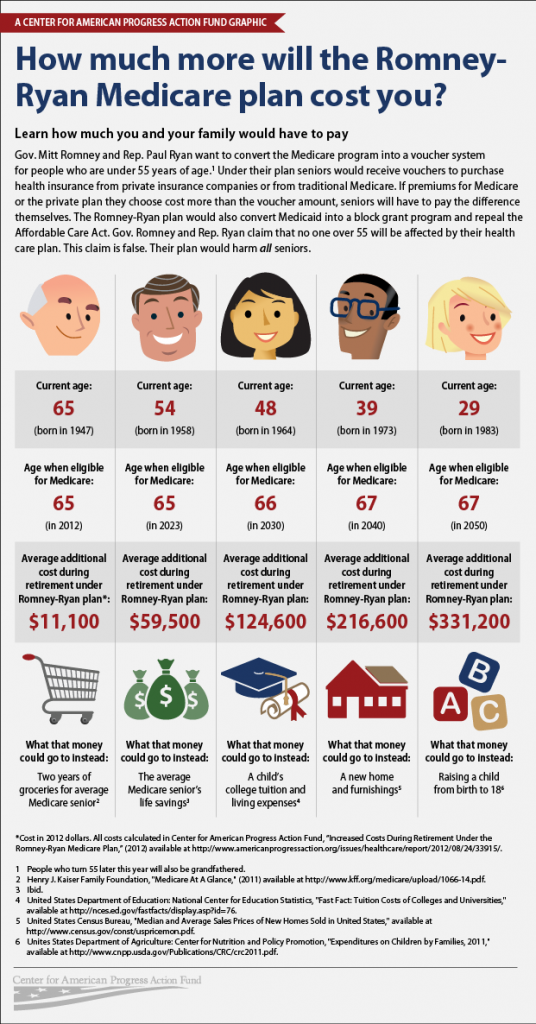 True, these 15 (and since 2017 - 30) hours a week are due to all preschoolers who have reached the age of three, as well as some children who are already two years old (this mainly applies to children from families belonging to vulnerable social groups). Until this age, and babies from three months old are accepted to kindergarten, you will have to pay for the services of preschool institutions on your own. Details related to the innovation can be found on the official website. nine0005
True, these 15 (and since 2017 - 30) hours a week are due to all preschoolers who have reached the age of three, as well as some children who are already two years old (this mainly applies to children from families belonging to vulnerable social groups). Until this age, and babies from three months old are accepted to kindergarten, you will have to pay for the services of preschool institutions on your own. Details related to the innovation can be found on the official website. nine0005
How much does kindergarten cost?
Depends on many factors. First of all, from the place of residence. If you live in London, then the cost of one day can reach 100 pounds, if in Central and Northern England - an average of 50 pounds per day. As a general rule, gardening fees are paid one month in advance and are non-refundable or recalculable if the child is ill or absent for any other reason. Also, if you do not have time to pick up the child from the garden on time, you may be asked to pay extra time, at least 2-5 pounds (depending on the city and area of \u200b\u200bresidence) for each additional 15 minutes the child spends in the garden beyond the allotted time.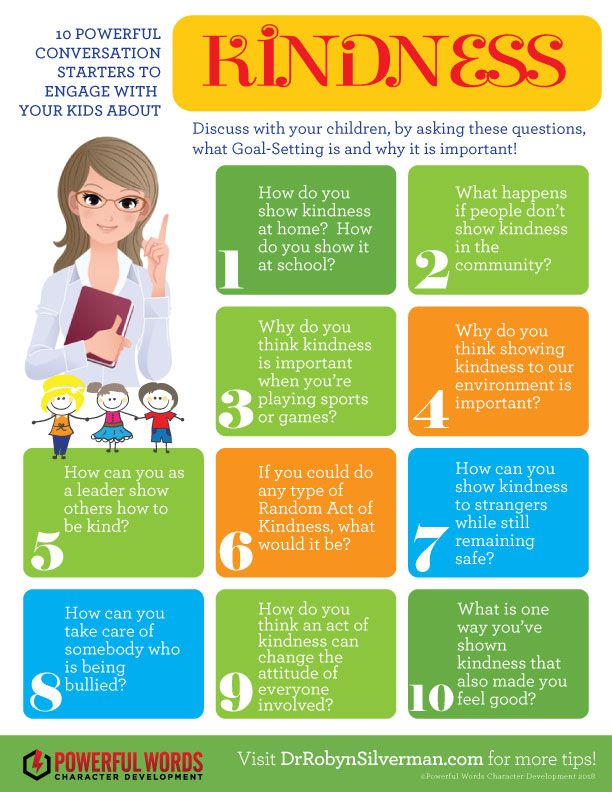 nine0005
nine0005
Not all gardens are open from 7 to 7, or at least from 8 to 6 (in the UK the working day usually ends at 5 pm). Many institutions operate only a few hours a day, such as from 8 am to 12 pm or from 9 am to 3 pm. It is understood that the main goal of such kindergartens is not to provide care for the child in the absence of parents, but to give him basic knowledge, prepare him for the first year at school, and develop the necessary social skills. Some kindergartens also have holidays that coincide with school dates. These days the garden is closed. nine0005
Kindergartens in the UK: how to choose
Finding a kindergarten and getting a place in it is sometimes not an easy task. This is exactly the stage that will require patient and painstaking work to study the “market”.
The geography of the search is determined individually, because, unlike schools, the choice of which is limited by the place of residence, you can enroll in any kindergarten. If it is convenient for you to carry a child from one end of the city to the other, this is your right.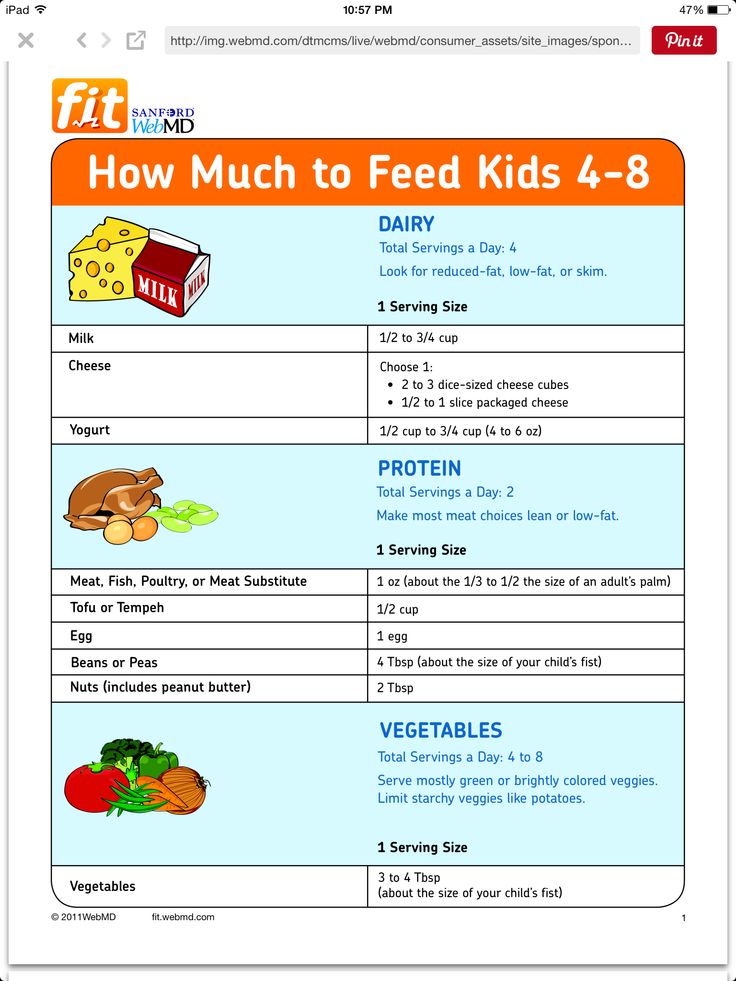
When choosing a kindergarten, you can contact the city council. Each city council has its own Internet resource, where there are pages dedicated to preschool education. If you would like advice or ask questions before you start looking for a garden, you can address them to the appropriate service of the municipality. Most likely, you will not only be helped with advice, but will also be sent an e-mail with a list of kindergartens located in or near your area.
A suitable option is to search for a garden through Internet portals, in which children's institutions are collected in a single database. One of the most popular and user-friendly is childcare.co.uk. Not only can you search for gardens across the UK, but you can also fill out your page and describe yourself and what you're looking for. The inconvenience lies in the fact that not all kindergartens are registered on this site (although most are registered), moreover, contact information is often provided only to premium subscribers for a fee. nine0005
nine0005
After you have selected a few suitable options, you need to call them and arrange a meeting and viewing (viewing).
It is better to start negotiating with the kindergarten in advance, a few months before the start of the semester (in September and January) from which you want to start attending kindergarten. Otherwise, there is a high chance that all the places in the garden will be filled, and you will either have to look for another garden, or sign up for a waiting list and wait until a place becomes free. nine0005
A tour of the garden will be conducted by a manager or one of the educators, with whom you can discuss all the details - clarify the cost, find out the menu and daily routine, ask about the methods that educators use in working with children. If you liked everything, the representative of the institution will offer to fill out a questionnaire. Then, after its consideration (the term for consideration is negotiated individually in each case), you will be sent an invitation and a contract for the provision of services (or papers similar to the contract).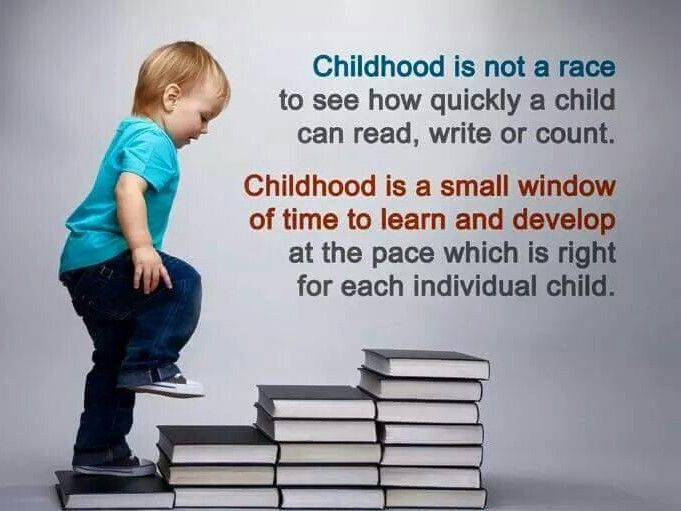 After signing the contract, you can be sure that your child has received a place in the garden. nine0005
After signing the contract, you can be sure that your child has received a place in the garden. nine0005
No matter how good the kindergarten you choose, be prepared for some asceticism by Russian standards. For example, in English kindergartens, in principle, daytime sleep is not practiced, respectively, there are no bedrooms, beds, and there is no specially allocated time for sleep. In some gardens, children's recreation is not implied at all, and the entire space is a play area, divided into several sectors. In others, a small place is allocated inside this play space where tired children can lie down for a while - the children rest with the lights on, on the floor, and for convenience they are given thin mattresses. nine0005
Hygiene in British kindergartens is also peculiar. All visitors, and even employees, walk on the floor in street shoes (boot covers in the UK are not known either in kindergartens or in medical institutions). In many gardens, children are given tap water as a drink (it is considered drinking water).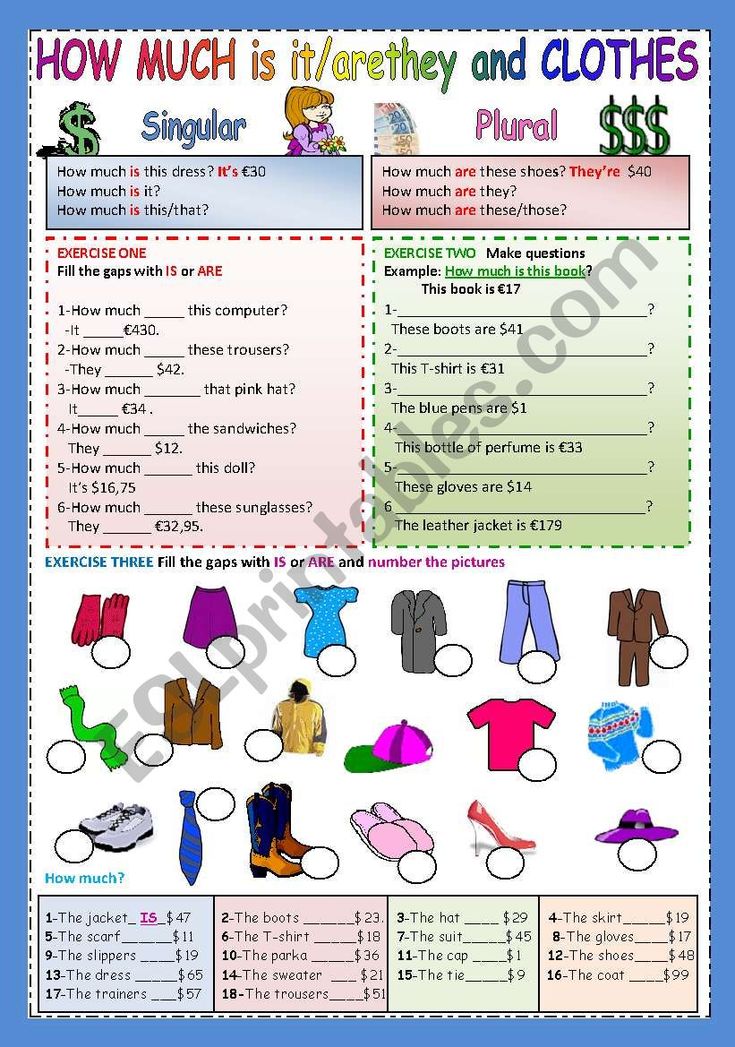
If not a kindergarten, then who?
On childcare.co.uk, you will immediately notice that day care is not the only option for you and your child. As elsewhere, you will find many nannies - professional and amateur, with and without accommodation, as well as students and just young people who are ready to help you a little with a child for providing housing (if you have such an opportunity and desire). One of the convenient formats of childcare that can become a real alternative to kindergarten is the so-called childminders. In Russian, this word is translated as "nanny", but this is not quite a nanny in the usual sense, so let's call them childminders. nine0005
Childminder is a nanny who runs her own mini garden at home. Childminders, like kindergartens, must be officially registered and regularly pass state Ofsted checks (more on them below). In childminder mini-gardens, where one of the rooms (living room) and a courtyard are specially equipped for children, there are usually 3-5 children at the same time.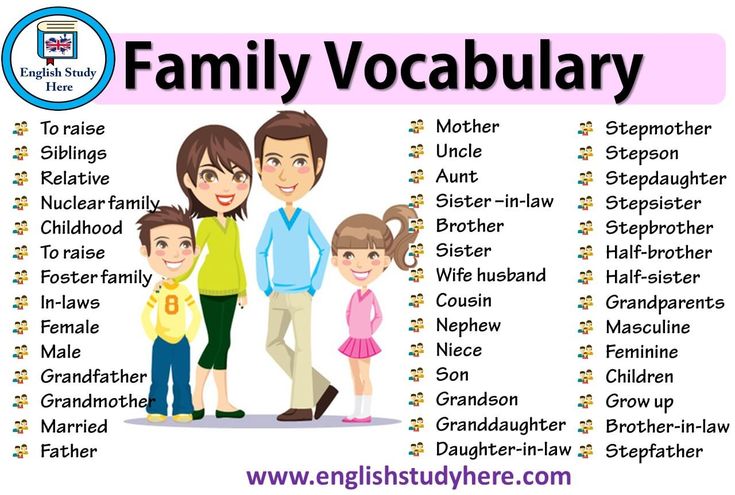 Good childminers do not just sit with children, they constantly organize various activities for them, arrange competitions and home holidays, and also keep a journal of each child's progress, where they record his achievements, events of the day in general and paste crafts. nine0005
Good childminers do not just sit with children, they constantly organize various activities for them, arrange competitions and home holidays, and also keep a journal of each child's progress, where they record his achievements, events of the day in general and paste crafts. nine0005
In addition, childminders offer more convenient opening hours and can be a lifesaver for working parents. You can bring your child to them on the way to work (starting at 7.30 am) and pick them up at 6-6.30 pm.
Registered childminers offer all the same benefits as regular kindergartens: they accept payment with vouchers and are willing to arrange free hours paid for by the government for parents.
Rating
When searching for information about a particular children's site or childminder, pay attention to its official rating, which is determined by the state on the basis of a special check and a report on its results (Ofsted Report). Ofsted stands for Office for Standards in Education, Children’s Services and Skills, and Ofsted Report evaluates educational institutions, including kindergartens, on a four-point scale:
1 - Outstanding (excellent)
2 - Good (good)
3 - Improvements required (improvements are required)
4 - Inadequate (unsatisfactory)
This rating can be guided, but you should not blindly trust it. Of course, it reflects reality, but only to a certain extent.
Of course, it reflects reality, but only to a certain extent.
Be that as it may, you can be sure that good gardens and childminders (rated “outstanding” or “good”) will surround your child with warmth and attention (preschool teachers are always friendly and patient), as well as ensure maximum safety for your little ones. So, in the questionnaire that you will be asked to fill out, you will most likely be asked to write who can pick up your child from the garden, as well as attach photos of these people. Separately, a secret password is indicated, which must be announced if the child is taken away without your prior warning. nine0005
Birth in the UK
- Birth in the UK
- How to give birth to a child in England, Northern Ireland, Wales and Scotland for a Russian citizen in 2021-2022
- Have a child in the UK? Hospital, midwife, childbirth and IVF costs
If you are expecting a baby, you are likely to experience a range of emotions - excitement, fear, joy and confusion.
 If you are a visitor or expat in the UK and are planning to be born there, you need to know what to expect. nine0004
If you are a visitor or expat in the UK and are planning to be born there, you need to know what to expect. nine0004 Luckily for you, the UK is one of the world's most maternity and child-friendly countries. About 700,000 babies are born within the UK every year. With a solid support system and limited medical costs, you won't have to deal with many financial headaches during pregnancy. However, the system may differ from what you are used to at home. Read this guide for some details about pregnancy, delivery, IVF and more in the UK. nine0005
How much does in vitro fertilization (IVF) cost in the UK?
In the UK, about one in seven couples, or about 3.5 million people, have difficulty conceiving. If adoption is too expensive or difficult to contemplate, IVF may be a good solution.
Fertility funding available in the UK. Decisions about who can receive NHS-funded IVF is made by local clinical panels, which may follow similar or slightly stricter guidelines than those published by the National Institute for Health and Care Excellence (NICE). nine0005
nine0005
If you are not eligible for NHS treatment, or if you choose to pay for IVF from a private source, you should expect to be treated at a private clinic. The cost will vary depending on the treatment and the extent to which you are undergoing various IVF procedures.
Can a non-resident or visitor on a tourist or other visa from Russia undergo IVF or fertility treatment? Is there medical tourism in the UK?
The UK is a popular destination for some expats who come for IVF treatment because it is generally cheaper than some other countries. For example, IVF treatment in the UK is on average 35% cheaper than in the US. As a visitor or tourist, you are not eligible for NHS funded IVF because you do not pay into the NHS. However, you can still opt for a private route. nine0005
VisaSales.Ru
Currency Great Britain - British pound sterling. It is written with the currency code "GBP" or simply the symbol "£.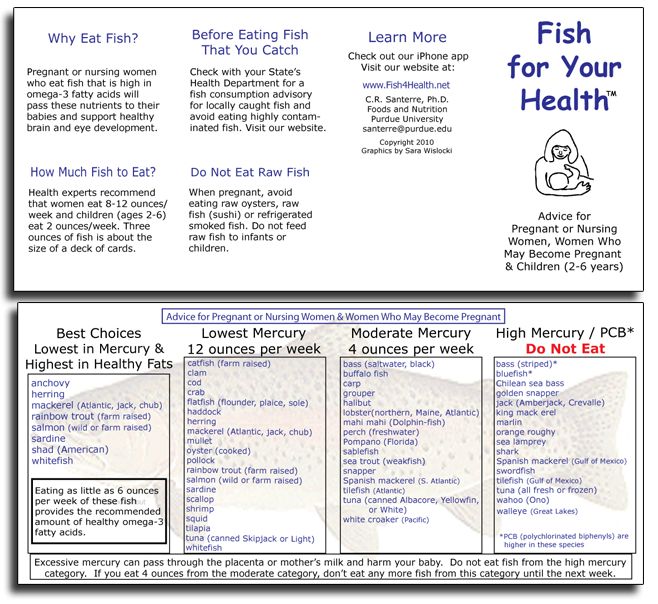 ". If you want to compare costs in the UK and another country, use the online currency converter . Here are some average IVF costs in the UK:
". If you want to compare costs in the UK and another country, use the online currency converter . Here are some average IVF costs in the UK:
| IVF Fertility Treatment in the UK | Average cost (GBP) |
| IVF process (1 treatment cycle) | £5,000 + |
| Genetic testing (per embryo) | £2000-2800 |
| Intracytoplasmic sperm injection (ICSI) | £1145 |
| IVF using donor eggs | £5,800-8,000 |
| Frozen Embryo Transfer (FET) | £1,200 |
| Embryo storage, yearly | £250-350 |
Is there any financial assistance or health insurance that covers part or all of the IVF procedure in the UK?
You can get free NHS IVF treatment if your local clinical commissioning team thinks you meet the standards.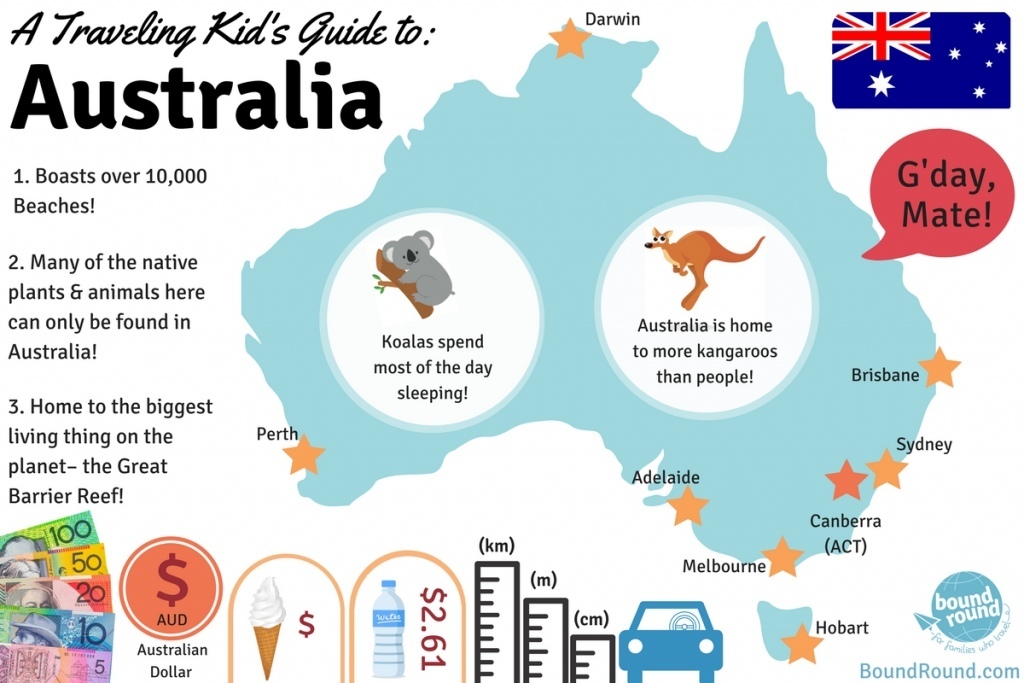 General rules state that the best IVF candidates must be under the age of 43 who have been trying to conceive for at least 2 years. nine0005
General rules state that the best IVF candidates must be under the age of 43 who have been trying to conceive for at least 2 years. nine0005
For more information about IVF and fertility treatment in the UK
For more information about IVF and fertility in the UK visit the following websites:
- NHS IVF
- IVF cost Mumsnet
- NHS Infertility
How much does it cost to have a child in the UK with or without insurance?
The UK has a universal healthcare system called the National Health Service (NHS). The NHS was founded on the idea that healthcare should be accessible to everyone. Today, it has grown into a beloved national institution. The NHS sees 1 million patients every 36 hours. nine0005
The National Health Service is tax-funded, which means that all citizens pay for it, whether they want to use it or not. In 2014, the Commonwealth Foundation compared the health systems of 10 countries, including Germany, France, Canada, and Sweden, and declared the NHS as the most impressive overall in terms of safety, care coordination, patient-centered care, and other areas.
Due to the high cost, most pregnant women choose the NHS. Once you know you are pregnant in the UK, you can visit your GP who will confirm the pregnancy. All NHS maternity care is free for those who choose to use it. Women using NHS services will give birth in an NHS hospital. Even some services that are not normally free in the UK are free during and immediately after pregnancy, such as dental care. nine0005
Private care is also available for those who want additional services and reassurance. Some women "mix and match" with private add-ons, such as additional 3D scans, when going through the NHS for scheduled prenatal care. Women who choose this option may have access to private hospitals and medical facilities.
Another option women choose is home birth. Women planning to do this usually hire a private or independent midwife. Sometimes NHS midwives are also available for home births, but this depends on the area you live in. nine0005
VisaSales.Ru
Below is a breakdown of the average cost of antenatal care at a private and public facility in the UK:
- (Via NHS) Total average hospital birth bill: free
- (Via NHS) Total average hospital bill for a caesarean section: Free
- (Through the private sector) Total average hospital bill for routine deliveries: 2000 - £6000.
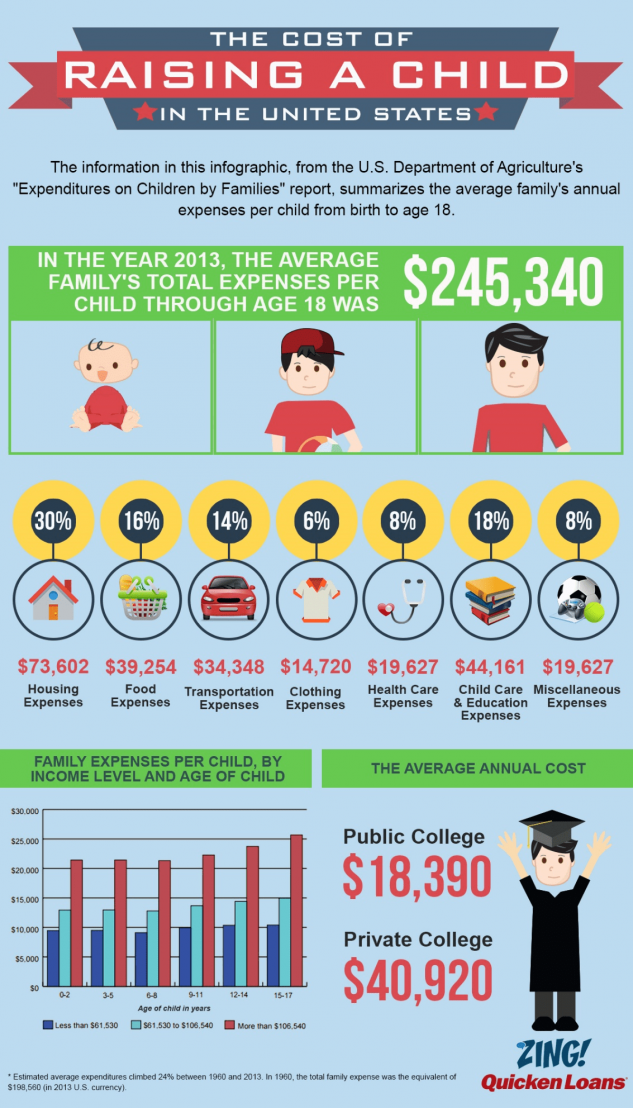
- (Via private assistance) Total average hospital bill for caesarean section: £7300.
Can a non-resident citizen of Russia or a guest on a tourist or other visa give birth to a child in London, Scotland, Wales, Northern Ireland and England in 2021-2022? Is maternity tourism welcome in the UK?
If you are a foreigner living and working in the UK, you are entitled to NHS services. You are also eligible to use the NHS if you are an EEA citizen, insured in another European state, or if you are exempt from categorization, as is the case for refugees, asylum seekers, legal residents for more than a year, or employees. employed by a British organization and self-employed people. nine0005
If you do not belong to one of these categories, you may have to pay for treatment. As a rule, the UK does not refuse maternity services, even if you cannot pay in advance. You may be in debt after the fact, but you won't be banned from having a baby.
VikiVisa.Com
Anyone in the UK can access the NHS. For this reason, most people go through the entire process of pregnancy, childbirth, and childbirth without even seeing the bill. You'll even have access to free prescriptions for things like dental care and prenatal vitamins. nine0005
You can also choose to have your baby in a private hospital. You will pay for this privilege, but you can get personalized care in a more luxurious setting, and this option can put your mind at ease. Here are some of the costs you can expect:
Medical birth procedures in the UK | Average cost with private insurance (GBP) | Average cost with NHS (GBP) | nine0131 |
| Midwifery fee | £3500-8000 (total) | £0 |
| Antenatal ultrasound | £1000 | £0 |
| Childbirth and childbirth in hospital | £1600-5900 | £0 |
| Caesarean section in hospital | £7,300 | £0 |
British hospital stay after childbirth?
When you have a baby in a UK hospital, you will be assisted by midwives and, if necessary, doctors. After giving birth, you can try breastfeeding your baby and you will be asked to establish skin-to-skin contact. You are encouraged to bond with your baby as soon as possible after the baby is born.
After giving birth, you can try breastfeeding your baby and you will be asked to establish skin-to-skin contact. You are encouraged to bond with your baby as soon as possible after the baby is born.
You will also be offered a vitamin K shot for your child to help prevent a bleeding disorder. If necessary, you will also receive stitches and be examined for any work-related problems. nine0005
VikiVisa.Com
After delivery, your healthcare team will perform an Apgar test to assess your baby's health. If anything worrisome is found after these newborn exams, your baby may need to stay in the hospital for a few more days. If everything is in order and you had a normal delivery, you can go home. If you have had a caesarean section, you should expect to stay in the hospital for about 2-4 days as this is a more serious operation and you will need more time to recover. nine0005
Items your mother needs to bring to the hospital for childbirth in London, UK
Some items, such as pads, medicines and gowns, will be provided to you at birth.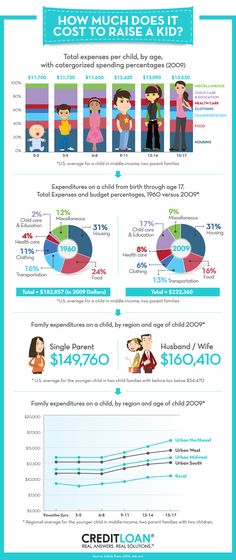 However, you may plan to bring some or all of the following items with you:
However, you may plan to bring some or all of the following items with you:
- Loose, comfortable clothing
- Support bras and nursing pads
- Toiletries
- Towels nine0079 Pants
- Several outfits for your newborn
- Swaddle blanket
- baby hat
When you have a child in the UK you don't need a lot of paperwork thanks to the simplified record keeping process. For the most part, you must plan how to get to the hospital:
- A folder given to you at the beginning of your pregnancy that contains all of your records, appointment records, and related information sheets. nine0080
- Identity form
- Any pamphlets or helpful information you have received from birth classes that you might want to use as a resource.
VisaSales.Ru
You must register your child's birth within 42 days of the child's birth. You must do this at the local registry office where your child was born.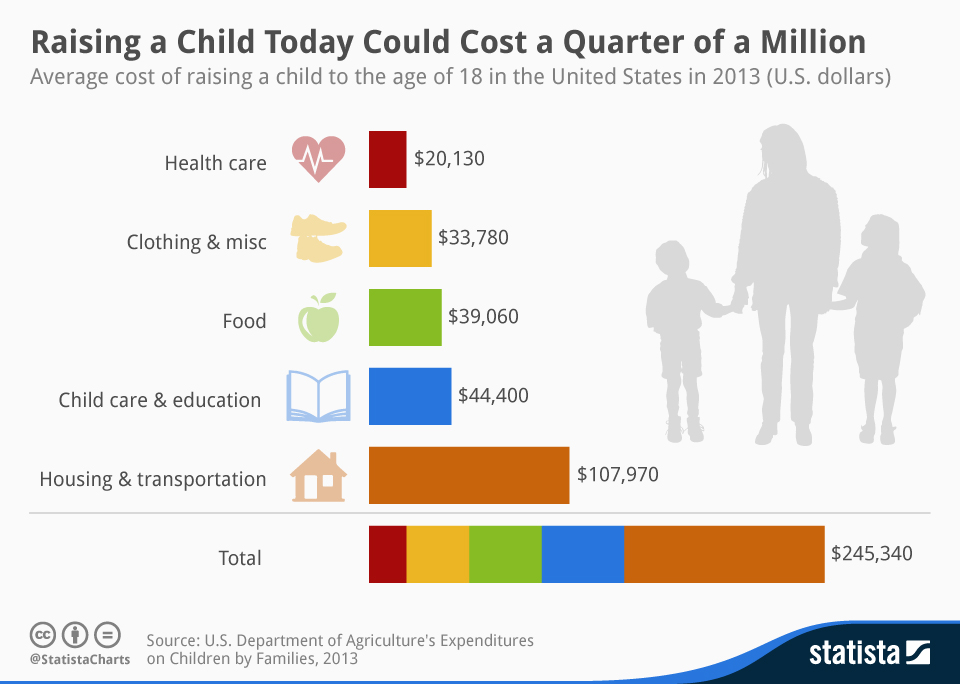 You must take the following documents with you:
You must take the following documents with you:
- Your child's health card - red book
- Your passport or UK identity card
- Child's birth certificate (issued from the maternity hospital)
- Your child's name
If I am a non-UK citizen but have a child in the UK, will my child have a choice of nationality or will he/she receive British citizenship?
If neither parent is a British citizen or has an indefinite residence permit, your child will not acquire British citizenship at birth. If either parent receives indefinite leave, they will be eligible to apply. If at least one parent is a citizen or has an indefinite residence permit, they will be able to register as a UK citizen. Alternatively, if the child spends 10 years in the UK without leaving, they will also be eligible to register as a UK citizen. nine0005
The UK allows dual citizenship with many other countries. You don't need to apply for dual citizenship - you can keep your British citizenship and get additional citizenship.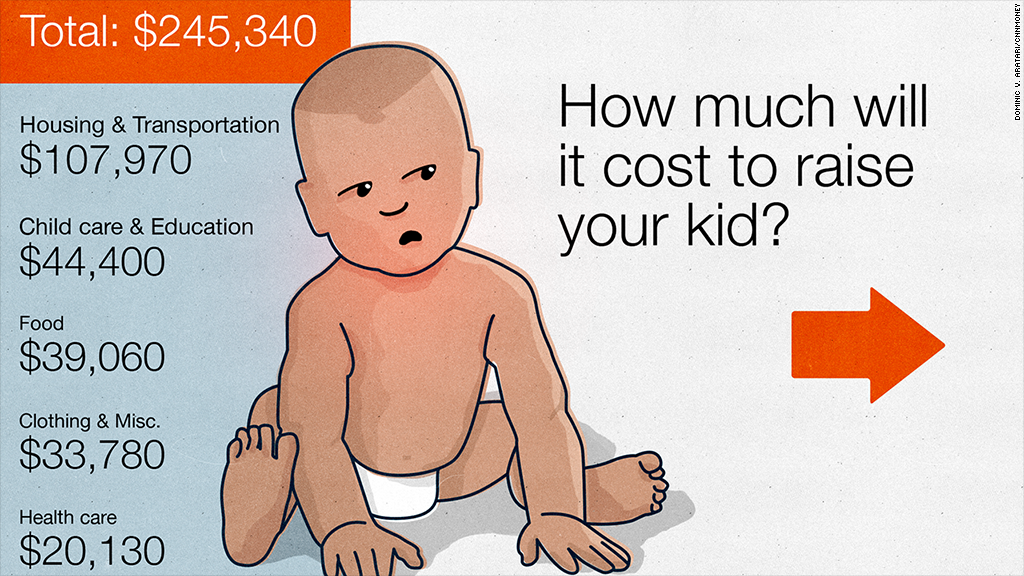 However, other countries may have rules regarding dual citizenship that prohibit it. Check with your country's consulate to find out about citizenship restrictions and rules.
However, other countries may have rules regarding dual citizenship that prohibit it. Check with your country's consulate to find out about citizenship restrictions and rules.
VisaSales.Ru
UK maternity leave policy is generous. Eligible employees may take a year off. The first 26 weeks are known as "regular leave" and the second 26 weeks are extra. It is mandatory to pass at least 2 weeks after childbirth (4 weeks for factory workers). As for payment, you will receive 90% of their salary for the first 6 weeks of leave and then a small lump sum for another 33 weeks (around £140). You are entitled to an additional 12 weeks of unpaid leave, but with a guaranteed right to return to work.
Paternity leave also exists in the UK, but it is quite short. Eligible parents may be entitled to 1-2 weeks of paid leave and joint parental leave. This leave must be agreed with your partner and you can take part of her maternity leave. nine0005
If you have a child in the UK, you are in luck.

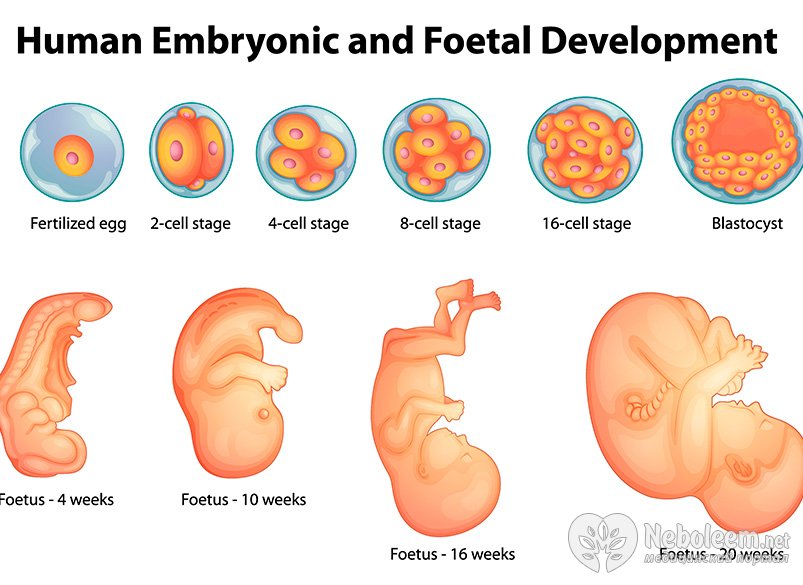

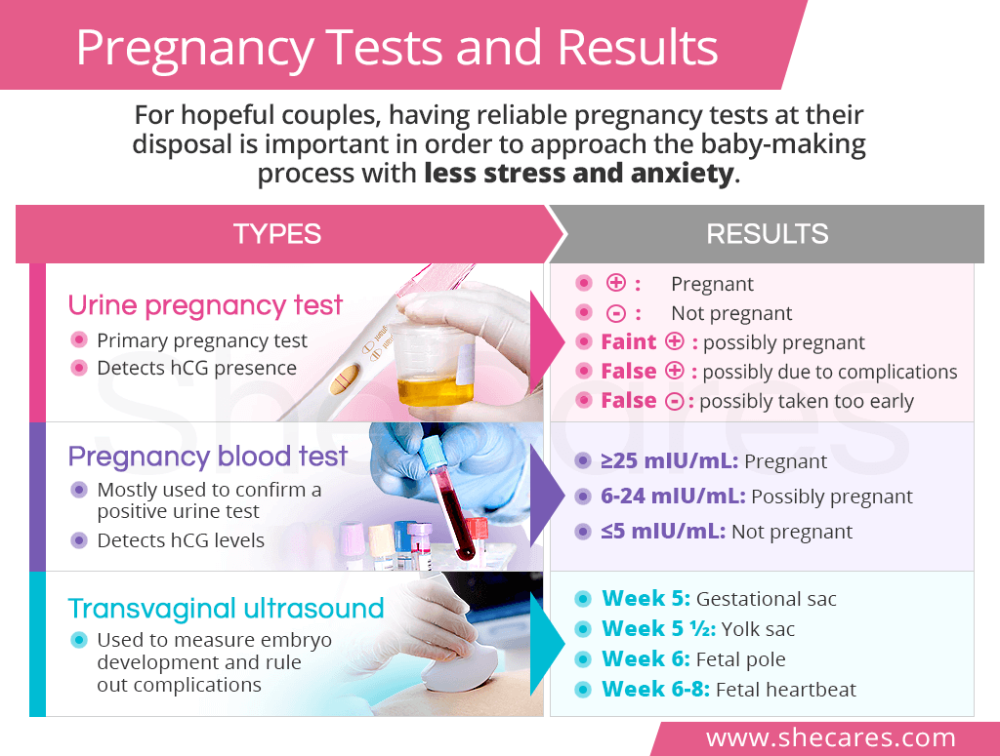
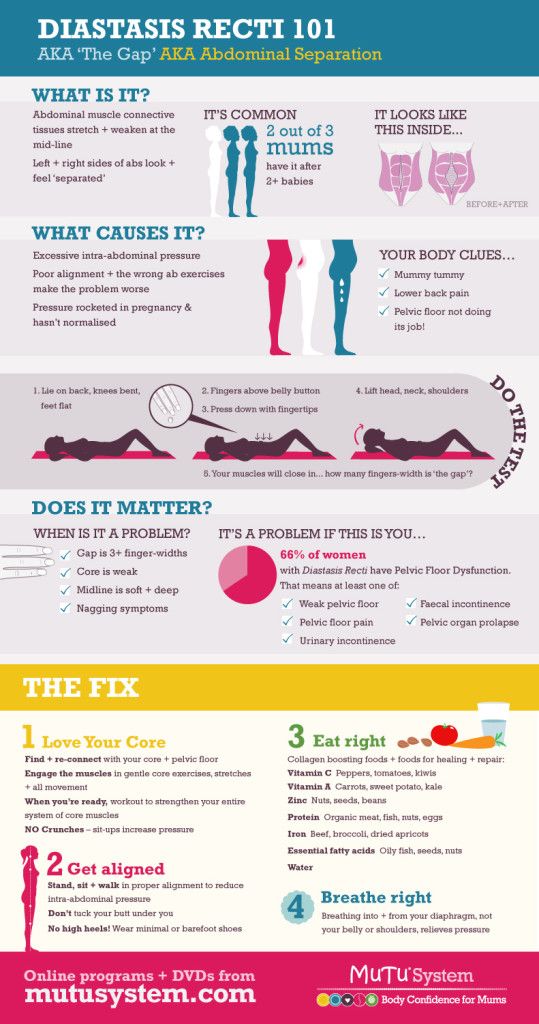
:max_bytes(150000):strip_icc()/hemorrhage-in-miscarriage-meaning-2371523-FINAL-f2ab04cab1cc491e964a45e682f93da5.png)
